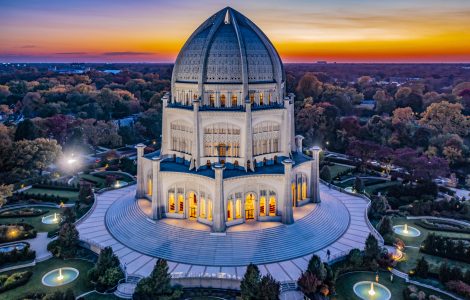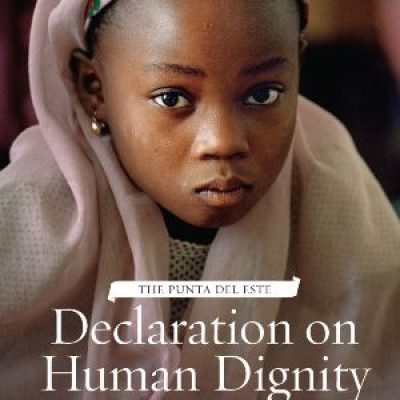Talk About: Law and Religion
Blog of
The International Center
for Law and Religion Studies
Featured Conversations
Recent Posts

Armenia’s Religion-State Relations: Not Much Room for Optimism
by Isabella Sargsyan
On 5 January 2026 Armenia’s Prime Minister, Nikol Pashinyan, formally launched what he described as a reform of the Armenian Apostolic Church (hereinafter the Church or Armenian Church, interchangeably), reading a statement at his residence in the presence of 10 senior clergy who had called for the resignation of Catholicos of All Armenians Garegin II, the Church’s supreme head. The document—which Pashinyan signed in his capacity of Prime Minister—outlined a roadmap for the implementation of reforms, including the removal of the current Catholicos and the formation of a Coordinating Council comprised of Pashinyan and the above-mentioned clerics. This roadmap purportedly addresses perceived failures of Church leadership and condemns the “uncanonical practice of involving the Church in politics and using it to serve various agendas and interests.”

Why Religious Freedom Matters to Us
by G.S. “Mack” McCarter III
I’ve been asked to speak about “Why Religious Freedom Matters to Me.” But in light of the conference, and with the organizers’ connivance, I simply have to change the title. And that is to move from me to we, and from I to us, because that really reflects the power of this conference. So, why does religious freedom matter to us? And of course, we answer that religious freedom really is the regnant power that can change the direction of humanity and move us to a place talked about in Isaiah chapter 11—where peace, joy, and love can fill this entire globe and all of humanity; where the wolf lives with the lamb; where the bear eats hay with the cow; and where the whole earth is filled with the knowledge of the Lord, even as the waters cover the sea.

Aboriginal and Torres Strait Islander communities have maintained a deep spiritual connection to the land and waterways of what we now call Australia for at least 65,000 years. Although it is impossible to do justice to the importance and complexity of the legal protection of Indigenous spirituality in Australia, the short overview that follows is intended to articulate a key, if unfortunate, thesis: there is little in the way of constitutional safeguards for the religious freedom of Aboriginal and Torres Strait Islanders. Instead, such protections must come through legislative and regulatory instruments, which can be, and sometimes are, withdrawn by the federal and state governments due to political considerations. As we will see, the precarious nature of these protections, which can ebb and flow with the political winds, are an unfortunate legacy of decades of unduly narrow interpretations of the Australian Constitution.

Localizing Justice: Law and Legality on the State’s Periphery in Kyrgyzstan
by Natalia Alenkina
In societies where formal institutions are weak, justice often depends less on the codified enforcement of laws and more on the ability of communities to sustain trust, moral responsibility, and social inclusion. The courts of aksakals in Kyrgyzstan—community-based bodies composed of respected elders—embody this ongoing search for balance between legality and morality, state authority and community cohesion, and secular justice and religiously informed values.
Search Topics in Law and Religion
Explore topics such as COVID-19, Gender, Jewish Law, LGBTI+, Marriage, Religious Exemption, and Security
Anti-Extremism | Assisted Dying | Autocephaly | Children | Church-State Relations | Constitutional Space | COVID-19 | Death Penalty | Definition of Religion | Digitalization | Discrimination | Equality | Extremism | Family | Family Law | Freedom of Expression | Gender | Genocide | Hagia Sophia | Human Dignity | Human Rights | In Memoriam | Interfaith Dialogue | Islamic Law | Jewish Law | LGBTI+ | Marriage | Minorities | Peacebuilding | Pluralism | Politics | Race | Reasonable Accommodation | Religious Autonomy | Religious Exemption | Religious Freedom | Religious Institutions | Religious Law | Rule of Law | Secularity | Security | Social Service | Ukraine | Russia | War | Digitalization | Humanitarian Aid | Religion and Constitution
Subscribe to our Monthly Newsletter
Fill out the form below to receive updates on topics in law and religion.




